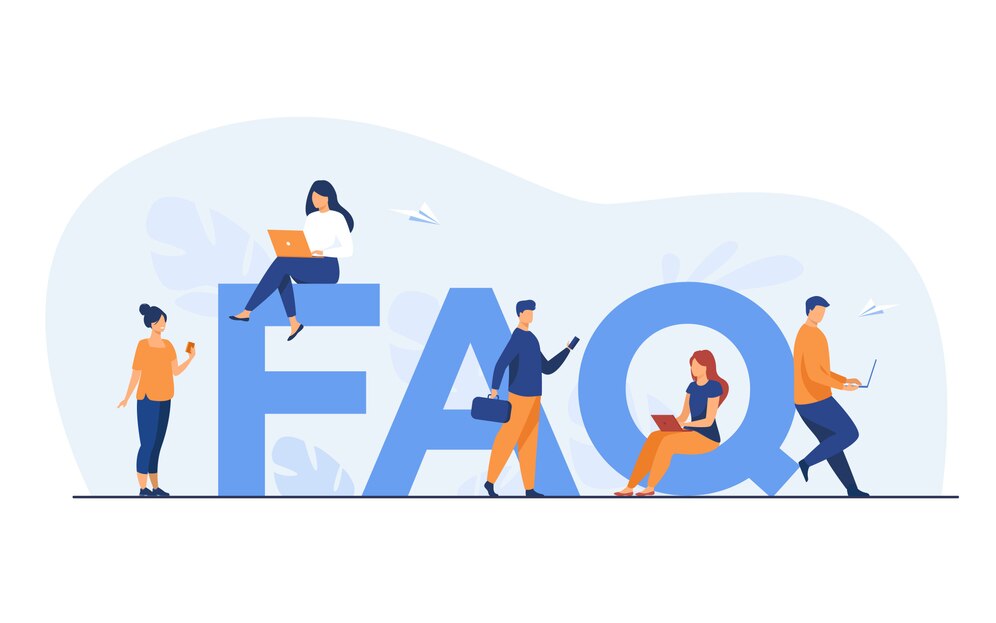Table of contents
Communication is the heart of every healthy relationship—whether it’s with your partner, friends, family, or colleagues. The ability to express yourself clearly and listen effectively can lead to deeper understanding, reduced conflict, and more fulfilling connections. That’s why developing strong communication skills is essential for both personal and professional success.
In today’s fast-paced world, it’s easy to misinterpret, interrupt, or overlook someone’s words or emotions. However, when you prioritize developing strong communication habits, you build trust, empathy, and lasting bonds with the people who matter most.
Why Developing Strong Communication Matters
Developing Strong Great communication is more than just talking. It’s about being present, understanding others, and expressing yourself with clarity and compassion. People with strong communication skills tend to experience less conflict, healthier relationships, and greater success in collaborative environments.
Benefits of Developing Strong Communication Skills:
- Builds trust and emotional safety
- Encourages honest, open conversations
- Reduces misunderstandings and conflicts
- Enhances problem-solving and collaboration
- Improves both personal and professional relationships
When you focus on developing strong communication, you also improve your emotional intelligence—another key factor in forming meaningful relationships.
Key Elements of Strong Communication
Developing Strong Here are the foundational pillars for building effective communication:
1. Active Listening
Being an active listener means giving your full attention to the speaker, maintaining eye contact, and avoiding interruptions. It shows respect and genuine interest.
2. Clarity and Honesty
Developing Strong Be clear about your needs, feelings, and expectations. Avoid vague language or passive-aggressive comments—honesty builds trust and reduces confusion.
3. Nonverbal Communication
Developing Strong Body language, facial expressions, tone of voice, and gestures matter just as much as words. Align your nonverbal cues with your message.
4. Empathy and Understanding
Developing Strong Put yourself in the other person’s shoes. Showing empathy creates emotional connection and helps resolve disagreements with compassion.
5. Constructive Feedback
Give feedback in a positive and respectful way. Focus on behavior, not character, and offer suggestions for improvement rather than criticism.
How to Develop Strong Communication Skills
Developing Strong If you want to improve your communication, it takes practice, patience, and self-awareness. Here are practical steps you can take:
– Practice Mindful Conversations
Developing Strong Be fully present in each conversation. Eliminate distractions and focus on what the other person is saying.
– Expand Your Emotional Vocabulary
Learn to identify and articulate your emotions. Saying “I feel frustrated because…” is more powerful than shutting down or lashing out.
– Ask Questions and Reflect Back
Clarify what you hear by paraphrasing or asking follow-up questions. This ensures understanding and shows you’re truly listening.
– Improve Conflict Resolution Skills
Approach disagreements calmly. Use “I” statements, avoid blaming, and aim for solutions rather than being “right.”
– Seek Feedback and Learn
Ask others how they perceive your communication style. Be open to constructive criticism and commit to improving.
Frequently Asked Questions (FAQ)

Communication is the foundation of connection. It allows partners or friends to express needs, solve problems, and support each other emotionally.
Interrupting, ignoring, sarcasm, passive-aggression, or avoiding conversations are common signs. These habits can lead to misunderstandings and resentment.
Stay calm, listen first, use respectful language, and focus on resolving the issue rather than blaming. Clear and calm communication is key.
Absolutely! With practice, self-awareness, and the right strategies, anyone can develop strong communication skills and improve their relationships.
Final Thoughts
Developing strong communication skills doesn’t happen overnight—but it’s a journey worth taking. Strong communication not only strengthens your relationships but also enhances your self-confidence, emotional well-being, and ability to connect deeply with others.
Start today by listening more attentively, speaking more mindfully, and choosing empathy over ego. Your relationships—both personal and professional—will thrive as a result.





